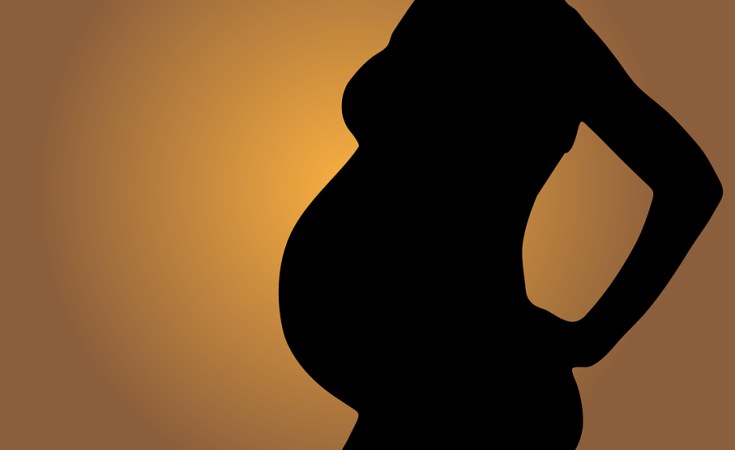The mental health of pregnant women in Zambia, like in much of Africa, is often overlooked. But it's important to diagnose postpartum depression for the health of both the mother and the child.
When Jacinta Chanda became pregnant, she felt grateful as "motherhood is a beautiful thing." That's why she was surprised when she became depressed after the birth of her son.
"I honestly didn't know it was happening," she told DW at her home in Zambia's capital Lusaka. "I just know I was not myself for the first three months.
"I was easily agitated. I was crying a lot. I can confess, I did not like my son that much during that period. I would stare at him while he cried and wonder why he came to trouble me. Ah, it was just a difficult time."
Chanda only realized she might be suffering postnatal depression after doing some research.
Postnatal depression, also called postpartum depression, is when new mothers experience depressive symptoms in the weeks after childbirth.
Postnatal depression is not the baby blues
Many new mothers go through hormonal, physical, emotional and psychological changes after giving birth, a period that "can be filled with countless emotions," said Beverly Phiri, a mental health advocate in Zambia. "You may feel anything from joy to fear to sadness."
These mood swings, sometimes called the baby blues, mostly resolve within a couple of weeks.
Postnatal depression, on the other hand, is more severe and longer lasting. New mothers may experience a persistent low mood, with symptoms including sadness, fatigue or exhaustion, feeling anxious or disconnected from their baby or partner, or unable to enjoy their infant.
In high income countries, some 12% to 20% of women have some kind of psychological distress related to motherhood but only 5% to 15% are diagnosed with postnatal depression.
In low income countries, even more women are affected. One study of 300 women in Zambia found nearly half of the women had depressive symptoms, while one in five had severe postnatal mental distress.
Aaron Mujajati, a doctor who practices medicine in Lusaka, says that some of the warning signs to look out for are when a mother "starts telling you things like she doesn't feel like she's a good mother and she has feelings of hopelessness and she has anxiety and panic attacks."
In Zambia, as in many other African nations, postpartum depression is often not recognized, and so women go through the experience alone. This can have widespread consequences for the mother, her infant and the family.
Vital to seek help
As a new mother, Jacinta Chanda could count on her family's support with caring for her son and getting in supplies. But that wasn't enough.
"I don't think anybody really knew I was going through postpartum depression, so I don't think I really got the support I actually needed to get through it," she told DW.
Postnatal clinics can be a first point of call in finding information about and treating postnatal depression, although the combination of an under-resourced health system and stigma around mental health issues in Zambia make this difficult.
Treatment for postnatal depression can vary, psychotherapist Maggie Gitu told DW's 77 Percent show. One option is seeking out a mental health professional like a psychologist or counsellor for some talk therapy.
Other options include taking medication such as antidepressants or even hormone treatments if lab tests show hormones are significantly out of balance. These must be prescribed by a doctor, she stressed.
Edited by: Kate Hairsine and Benita van Eyssen


